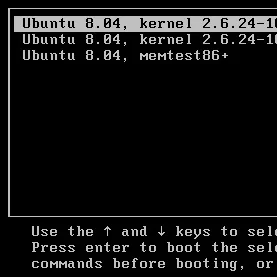Serpent OS To Require x86_64-v2 CPUs While Offering x86_64-v3 Packages Too

The Serpent OS project on Friday published their status update for January 2024. Work this month has included porting of their moss-service build system over to their new Rust codebase. They've also decided that with their packaging recipes to re-license them to the MPL-2.0 license. They've also taken on improving project hosting and other changes this month.
In their new blog post they also confirmed that Serpent OS will make the x86-64-v2 micro-architecture feature level its baseline for support while x86-64-v3 packages will continue to be built and used by systems that have the necessary support. Going to x86-64-v3 mandates AVX/AVX2 processor support and various other newer extensions. x86-64-v2 is roughly Intel Nehalem and AMD Jaguar or newer while x86-64-v3 is roughly the era of Intel Haswell and AMD Excavator or newer. This goes along with the broader Linux distribution trend of beginning to up the x86-64 requirements or making optional v2/v3 packages. Thus original x86_64 CPUs will not be supported by Serpent OS or downstreams like the future Solus Linux.
Looking toward February the Serpent OS developers are working on integrating trigger support for packages, progressing their GNOME Desktop packaging, and spinning "actually useful" Serpent OS images.
More details via the Serpent OS blog on their January efforts.
60 Comments

